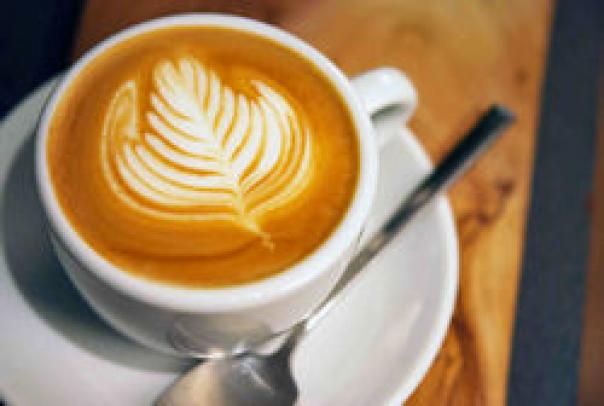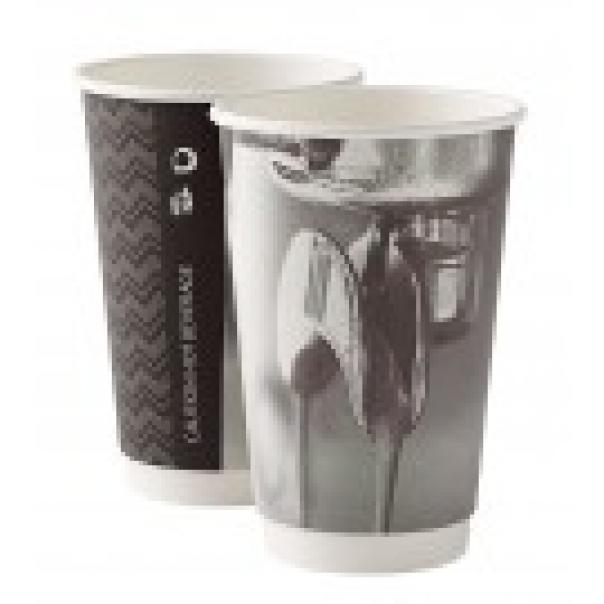

So, what's next for the coffee trend? How much can really be done with the drink? From sustainability issues to healthy options, catering supplier Inn Supplies takes a look at what's to come…
Coffee of the world
In March, a report revealed that coffee is one of the most popular drinks in the developed world.
World coffee production for 2017-18 is estimated at around 159 million bags — a year-on-year increase of 0.7% - while the global market value is expected to see a 5.5% compound annual growth rate (CAGR).
Looking specifically at the UK, the British Coffee Association claims that consumers drink around 95m cups a day. As the popularity of coffee continues to grow, so do the trends.
Beyond iced coffee — cold-brew
Cold-brew coffee is soon to rise in the UK. More than just ‘cold’ and iced coffee, cold-brew is brewed with cold or room temperature water for 12 to 24 hours.
One reason for its growing popularity is because it often features a mellower, sweeter, more full-bodied taste, and with less acidity. It’s also easily bottled so ideal for drinking on-the-go.
In 2017, sales of cold-brew coffee rocketed by 80% in the US and is likely to follow suit in the UK. Considering that it’s also easier to brew in large batches, there’s no reason that coffee shops shouldn’t jump on board.
Milk, sugar…and nitrogen?
How do you take your coffee? Bit of milk? Dash of nitrogen? Nitro-brew is a type of cold-brew beverage served on tap and infused with nitrogen to deliver a creamy, ice-cold drink that has the look and texture of a pint of ale.
Following its success in the US, Starbucks recently introduced the beverage to its UK stores, with experts expecting other chains and independent shops to follow suit.
Eco-coffee
From paper coffee cups to sustainable production practices, many global coffee brands are making greater effort to being more environmentally-friendly.
Earlier this year for example, Starbucks announced plans to launch a gadget that would allow its coffee farmers to log key information about their practices.
Chief executive Kevin Johnson commented: “Over the next two years, (Starbucks) will look to demonstrate how technology and innovative data platforms can give coffee farmers even more financial empowerment. We’ll leverage an open-source approach to share what we learn with the rest of the world.”
So consumers can expect less plastic and more traceability when it comes to discovering where coffee is sourced and how it gets to cups.
Flat white
Hailed a ‘key innovation’ and ‘staple of the UK's coffee shop scene,’ the flat white has been recognised by many of the UK’s key industry experts.
More than 10% of orders in premium coffee shops are for flat whites, but has this sparked a craze for other flat coffee choices? An emerging trend, it is set to become a regular entry on most coffee shops’ menus, with drinks such as flat blacks and flat mochas gearing up to rival the flat white.
Changing up mixers
Britain has predicted the alternative milk industry to increase by 43% in coming years. According to Agribusiness Intelligence, the plant-based beverage sector is currently worth around £6.9 billion. But the trend for non-dairy foods and drinks, and other milk-substitute products has grown, which is affecting the coffee shop industry too.
So what dairy alternatives can we expect to see? Oat, soy, rice, almond, cashew, coconut, and macadamia milks will likely become more available in UK coffee shops, with greater creativity around how baristas infuse their gourmet and speciality drinks with alternative mixers.
Away from the bricks-and-mortar
Without the risk and restraints of a property, food and drinks stands are seeing a surge of popularity. Head of marketing at street food event organiser KERB, Alison O’Reilly, explained: “Now a lot of people are leaving nine-to-five jobs in finance, tech and marketing. They see it as a low-risk way of setting up a restaurant without having to invest hundreds of thousands of pounds.”
From the end of 2018, coffee stands are likely to crop up at an increasing rate alongside street food stands. Considering the rising popularity of cold-brew coffee — suited to spring and summer — alongside hot-coffee options — ideal for autumn and winter - launching a coffee street food business offers the potential to be a lucrative, year-round venture.
While the future looks bright and varied for the coffee industry, it will be interesting to see if any competing drinks steal its crown - in both the hot and cold market...